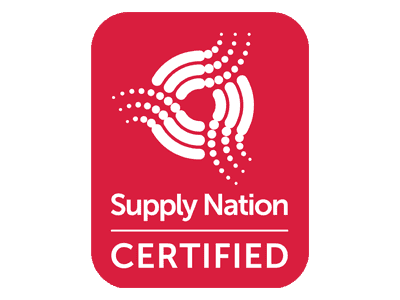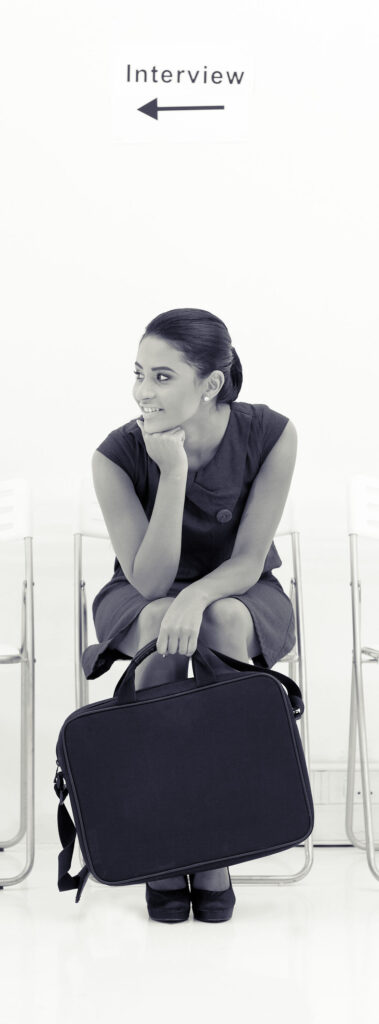A structured job interview is a standardised way of comparing candidates for a particular role. You should create interview questions focused on the skills and abilities you are looking for. Each candidate should be asked the exact same questions in the same order. The goal of the interview is to collect accurate information in a uniform manner from all interviewees – that way, you are comparing apples with apples, allowing you to make more informed decisions and choose the right candidate.
We have put together a short but comprehensive guide for hiring managers with individual steps and measures to implement before, during and after the interview.
Three things to keep in mind
When conducting a hiring interview, let yourself be guided by these general tips:
- Base interview questions on job criteria
- Ask the same questions of each candidate
- Take notes to minimise biased or subjective impressions
Experts also suggest that each candidate be interviewed by more than one person, if possible.
Pre-interview
Truly understand what you need
Employees don’t just perform a job; they solve at least one critical business need. Identify that critical need, determine how you measure success in the position, assess the common attributes of key performers, and determine what qualities mesh with your workplace culture.
Have a rating system
An effective evaluation rates each candidate in each success factor and compares them against a set criterion – don’t compare candidates against each other until you have compared them against this standard. After this is done, you can compare notes and discuss selection.
During the hiring interview
Introduction
Set the candidate at ease with a couple of minutes of small talk. Ask about the weather or traffic (but avoid questions about anything that could be considered discriminatory). Ask general or factual questions, then explain how the interview process will work.
Behavioural questions
Most of the interview should be spent asking specific behavioural questions based on the criteria you have outlined. Make the interview a conversation, not an exam or an interrogation – the best interviews leave room for the candidate to speak freely and ask questions of their own!
Wrap-up
Give the candidate another opportunity to ask you questions. Describe the next steps in the process and when you plan to follow up. Thank the candidate for coming in and walk them to the door.
Post-interview
Provide closure – every time
This principle should apply to every person who is interviewed or even seriously considered for an interview. They deserve to know what the outcome is.
Conduct one more interview
Even if you think you’re sure, give yourself one more chance to be absolutely positive that you’re making the right decision. Hold another interview. Or take the candidate out for lunch (with other members of the team). If you have any doubt, however small (or even if you don’t), take that one extra step to give you peace of mind.
Pre-select candidates with Rainy Day Recruitment
If you don’t want to start from scratch in your search for the best candidate, a reputable recruitment agency helps you narrow down the list of applicants to select from. At Rainy Day Recruitment, we have a rigorous selection process that involves thorough skills testing, job fit assessments and even psychometric testing, if required.
Our extensive industry experience enables us to identify the best candidates based on their skills, experience, and cultural fit. We also maintain a small, high-quality database and use AI and automation tools to streamline selection.
Book a free consultation to discuss how Rainy Day Recruitment can help select the right candidates for you to interview and hire.


